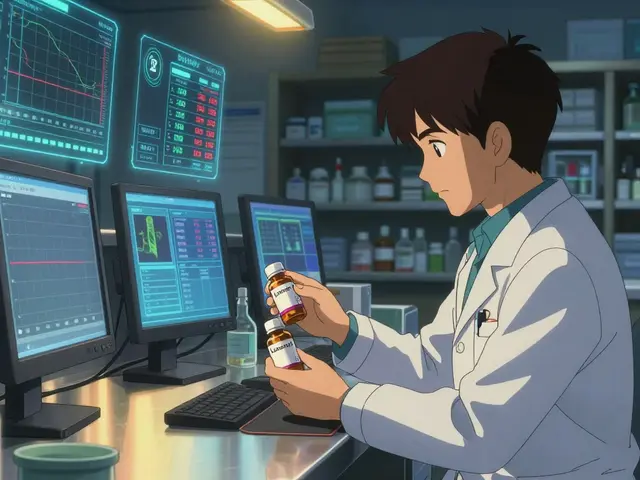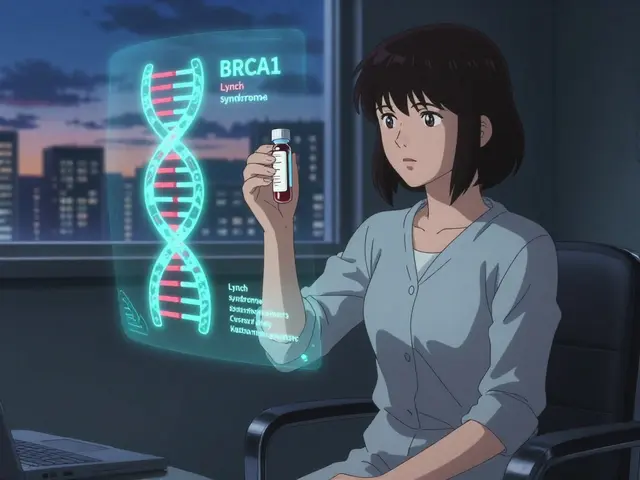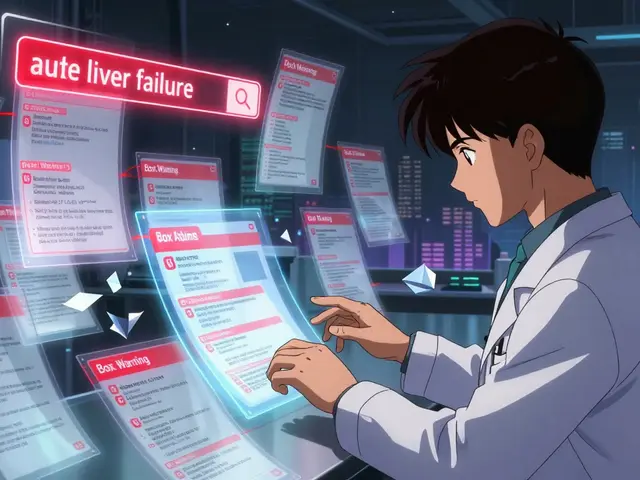Antidepressant Overview: What You Need to Know
Feeling down for a long time can mess up daily life, and many people turn to antidepressants for help. These medicines aren’t a magic cure, but they can lift mood, improve sleep, and make it easier to handle stress. Below is a straightforward look at how they work, why doctors pick different types, and what you should watch out for.
How Antidepressants Work
Most antidepressants target brain chemicals called neurotransmitters. The most common group – SSRIs (selective serotonin reuptake inhibitors) – keep serotonin, a feel‑good signal, around longer by blocking its re‑absorption. Others, like SNRIs (serotonin‑norepinephrine reuptake inhibitors), boost both serotonin and norepinephrine, which helps with energy and focus.
Tricyclic antidepressants (TCAs) and MAOIs are older classes. TCAs block several neurotransmitters, which can give strong results but also bring more side effects. MAOIs stop an enzyme that breaks down serotonin, norepinephrine, and dopamine, so they’re usually saved for cases where newer drugs haven’t worked.
All these medicines need a few weeks to start showing benefits because the brain has to adjust to the new chemical balance. That’s why doctors often start with a low dose and increase it gradually.
Choosing the Right Antidepressant
Doctors pick a drug based on your symptoms, medical history, and how you react to other meds. If you have trouble sleeping, a doctor might suggest an SSRI that’s known for fewer insomnia reports. If fatigue is a big issue, an SNRI could give a boost in energy.
Side effects differ by class. SSRIs can cause nausea, mild weight gain, or sexual changes. TCAs might make you dizzy, cause dry mouth, or affect heart rhythm. MAOIs require strict diet rules because certain foods (like aged cheese or cured meats) can cause dangerous blood pressure spikes.
It’s also smart to think about drug interactions. Many antidepressants affect enzymes that process other medicines. For example, combining an SSRI with a blood thinner may increase bleeding risk. Always tell your pharmacist about every prescription, over‑the‑counter pill, or supplement you take.
If side effects become too bothersome, don’t stop the medication abruptly. Talk to your doctor— they can switch you to another drug or tweak the dose. A gradual taper helps avoid withdrawal symptoms such as flu‑like feelings, dizziness, or mood swings.
Finally, remember that medication works best with other tools. Therapy, regular exercise, good sleep, and a balanced diet can amplify the benefits of antidepressants and help you stay steady once you feel better.
Bottom line: antidepressants are a useful part of many treatment plans, but they need careful selection, monitoring, and a bit of patience. By staying informed about how they work, what side effects to expect, and how they might interact with other drugs, you can use them safely and get the most out of your mental‑health journey.
Endep Antidepressant: Uses, Dosage, Side Effects & Cost Guide
By Joe Barnett On 21 Sep, 2025 Comments (11)

A practical guide to Endep covering what it treats, recommended dosages, common side effects, safety tips and how much it costs in the UK.
View More



